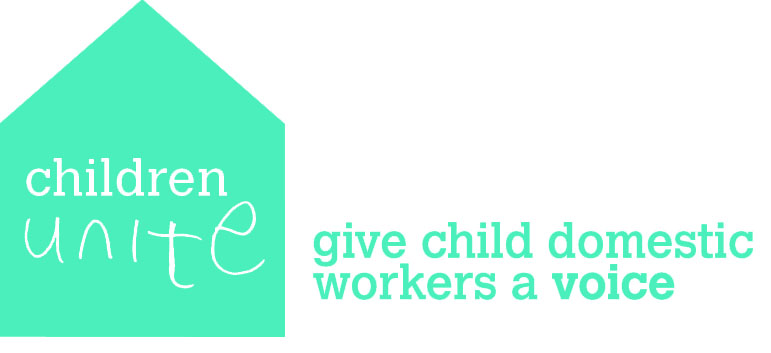One of the benefits of running your own organisation is that you don't have to take part in job interviews anymore. I've done quite a few job interviews in my time and I hate them - a couple of years ago my summer holiday was ruined by a phone interview that I had to do on the second from last day! Last week I took part in a phone interview to secure funds for a project Children Unite has applied for. I guess this is the closest thing to a job interview I have these days. When I explained what I was doing to my daughters they said it sounds like the final of X Factor (a TV talent show that grips the nation every winter when we've got nothing better to do)!!
But this ‘job’ interview was so much more enjoyable than any other I have been involved in. It was partly because I didn't do it on my own. Children Unite has developed a proposal for a research project in collaboration with one of our partner organisations in Nepal (CWISH), so two of the staff from CWISH, Writu and Milan, were at the interview too. I was, of course, still nervous about the interview but it was a well organised 'discussion' - the funding agency sent out questions a week beforehand. And Milan, Writu and myself were relatively well prepared (having emailed each other about our answers). I definitely felt part of a team as we answered the questions.
The other factor in my 'enjoyment' of the interview was that I think our research project is great! I have a lot of confidence in it and believe it is well thought-out and achievable...I know this sounds a bit like I'm blowing my own trumpet but as I read through our proposal in preparation for the interview I felt confidence and excitement about the project rather than trepidation and nerves. I think this is because Jonathan and I visited Nepal in March, met with Milan and Writu and discussed at length how Children Unite and CWISH would like to work together - and this project is the result! The development of this project is the perfect example of how we would like to build partnerships through Children Unite.
So, here I am, waiting for news on how we did....does our proposal have the 'X' factor! But whether we are victorious or not I am confident that the experience of partnership and collaboration I have had throughout the process has been beneficial and rewarding
But fingers crossed anyway!


